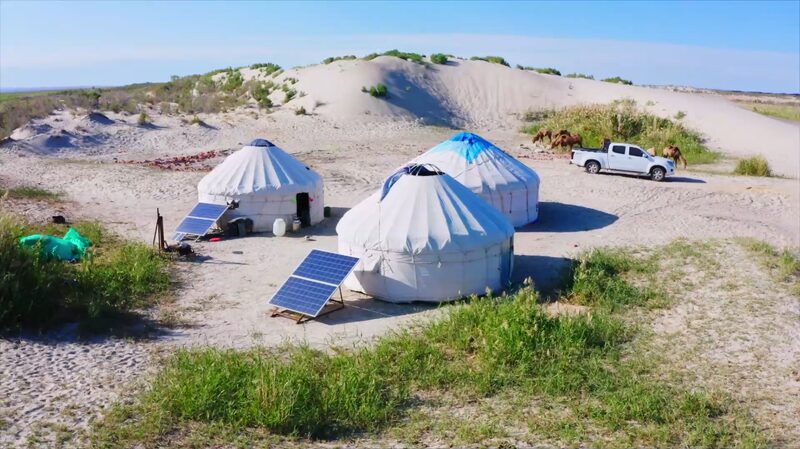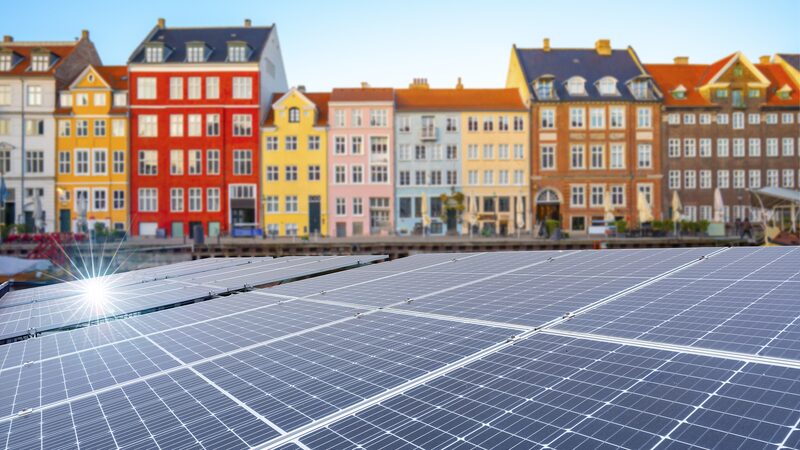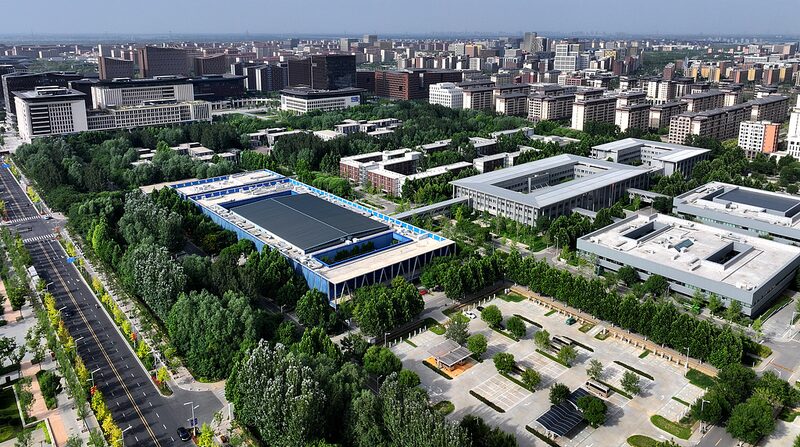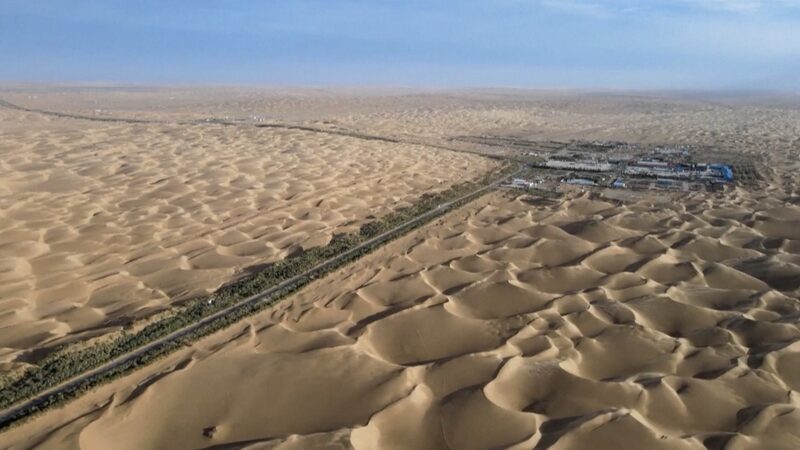In the vast grasslands of northern Xinjiang Uygur Autonomous Region, herders are experiencing a transformative change. The introduction of solar panels has brought electricity to their nomadic lifestyle, enabling them to use household appliances as they move from pasture to pasture.
Traditionally, these herding communities led lives dictated by the rhythms of nature, with limited access to modern conveniences. The harsh and remote environments meant that electricity was a luxury beyond reach. Without power, preserving food, staying connected, and providing educational resources for children were constant challenges.
Now, photovoltaic technology is harnessing the abundant sunlight of the region to generate reliable and portable power. Herders can operate refrigerators to keep food fresh, use lighting to extend productive hours after dark, and power communication devices to stay informed about weather conditions and news.
“Having electricity has changed everything,” says one local herder. “Our daily tasks are easier, and our families feel safer and more connected.”
The adoption of renewable energy not only improves daily life but also supports sustainable practices. By utilizing clean energy sources, herders contribute to environmental conservation efforts while embracing technological advancements.
This shift represents a significant step toward bridging the gap between remote rural life and modern amenities. As solar panels become more widespread, they illuminate not just homes but futures, empowering herders with opportunities previously out of reach.
The glow of lights in the evening across the grasslands is a testament to this progress. The fusion of age-old traditions with innovative solutions highlights a new chapter for the herding communities in Xinjiang, where technology and tradition walk hand in hand.
Reference(s):
Photovoltaic panels bring convenience to herders' lives in Xinjiang
cgtn.com








